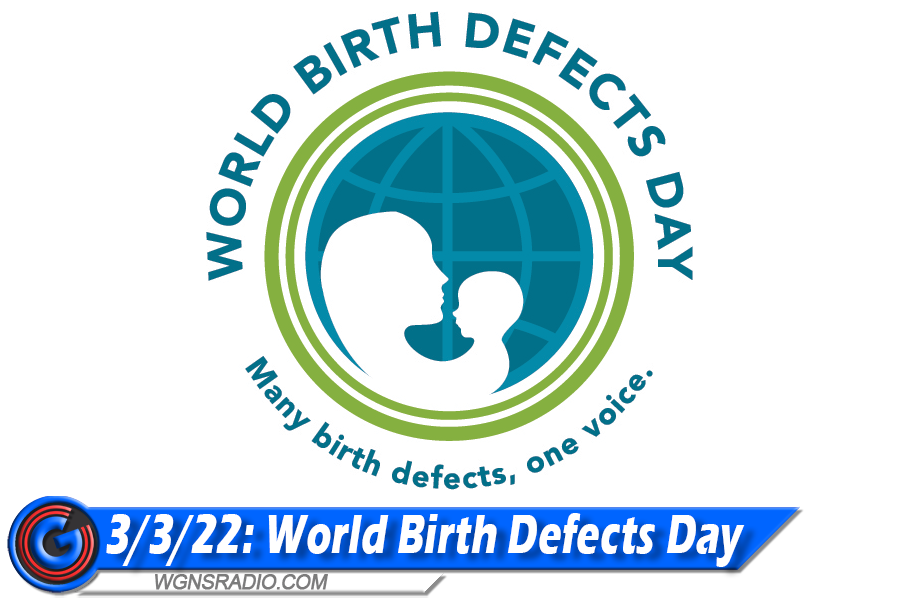The Tennessee Department of Health recognizes World Birth Defects Day on March 3, 2022, joining other birth defect prevention organizations, including the World Health Organization, March of Dimes, and the Centers for Disease Control and Prevention, to increase awareness about birth defects.
Every year 8 million infants globally are born with a serious birth defect. Birth defects are a leading cause of infant mortality, and for babies who do survive, birth defects can result in lifelong physical and intellectual disabilities. Further, there are persistent racial and ethnic disparities when considering birth defects.
In Tennessee:
• 1 in every 27 babies born is diagnosed with a birth defect, about 3,000 babies annually
• Black infants have the highest prevalence of birth defects
"Health disparities impact birth outcomes just as they do many other health occurrences," said Assistant Commissioner for the Department of Health and Director of the Division of Family Health and Wellness Tobi Amosun, MD. "We are focused on breaking down those barriers and to better understand the causes of health disparities in our state so we can ensure each child and family is set up for optimal health."
Scroll down for more on this story...
Continued...
Not all birth defects can be prevented, but women can increase their chances of having a healthy baby by adopting healthy behaviors before becoming pregnant and during pregnancy. For example, eating a healthy diet, taking 400mg of folic acid daily, starting prenatal care early, staying up to date on vaccines, managing chronic health conditions (such as diabetes and hypertension), and avoiding alcohol, smoking, and illicit drugs.
If you are of childbearing age, ask your doctor what you can do to reduce the risk of having a child with a birth defect or find more information on https://www.marchofdimes.org/. To learn more about World Birth Defects Day, visit www.worldbirthdefectsday.org.






